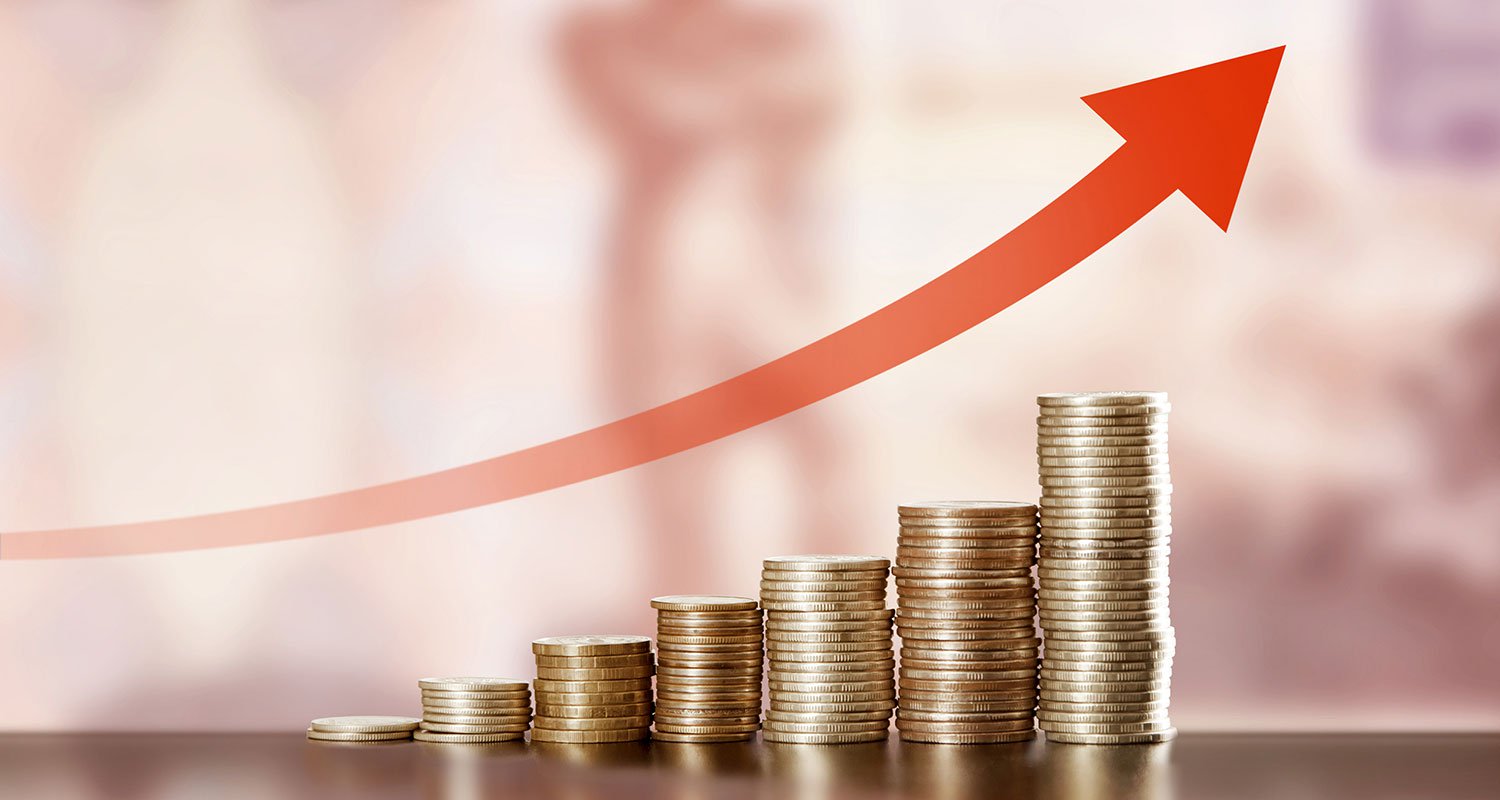
Causes of hyperinflation
Hyperinflation is mainly caused by an extremely rapid growth in the supply of paper money. This occurs when the monetary and fiscal authorities of a nation regularly issue large quantities of money to pay for a large stream of government expenditures. Inflation is , in fact , a form of taxation because governments gain at the expense of those who hold money and who are powerless to stop its value from depreciating
Factors that could cause or trigger hyperinflation include:
- Rapid and massive increase in the amount of money printed
- Growth in output of goods and services that are exceedingly inferior to the money printed
- Imbalance between supply and demand caused by the above events
- Loss of confidence in the value of money
- Enactment of legal legal tender laws and price controls to prevent discounting the value of paper money relative to gold , silver , hard currency or commodities
- Failure of the above measures to force acceptance of a paper money which lacks intrinsic value
- If the entity responsible for printing a currency promotes excessive money printing-with other factors contributing a reinforcing effect – hyperinflation usually continues. Often , the body responsible for printing the currency cannot physically print paper currency faster than the rate at which it is devaluing , thus neutralising any attempts to stimulate the economy.
Effects of hyperinflation
Hyperinflation effects are almost similar to high inflation effects, expect that they’re more serious.
The negative effects of hyperinflation include:
- Hoarding: people will try to get rid of cash before it is devalued by hoarding and subsequently creating shortages
- Distortion of relative prices as the amount charged for commodities rises
- Increased risk and higher uncertainties: hyperinflation magnifies those risks because of unstable prices
- Income diffusion effect
- Damage to creditors because money received from borrowers will be worth less
- Damage to fixed income recipients because, while inflation increases , their income does not
- Increased consumption ratio: in the early stages of inflation people consume more because money is more abundant and its value still intact
- Lowering national savings: during high inflation, saving money would mean watching your cash decrease in value daily, so people tend to spend the cash on something else
- Illusions of profit making: companies that don’t factor in hyperinflation when calculating profits are likely to be losing money
- Mal-investment: where the data given about an investment is often deceptive and unreliable, causing losses
- Business cycles: where many companies go out of business because of the losses they incurred from inflation and its effects
- Currency debasement: which lowers the value of a currency and sometimes causes a new currency to be born
- Rising prices of imports: a debased currency will have much less purchasing power in the international market
Hyperinflation in history.
Hyperinflation is not a particularly uncommon episode in human history. Apart from plaguing Zimbabwe from 1999 – 2009, it has also occurred in the following countries:
August 1945 – July 1946. Transformed into a vast battlefield during World War Two, Hungary was economically devastated by the global conflict, losing an estimated 40% of its capital stock, with inflation rising by an incredible 207% daily and prices doubling every 15 hours. To add insult to injury, Hungary had engaged in a wild, debt-fuelled production drive to support the Germany war effort….but Germany never paid for the goods.
August 1922 – December 1923. Established in 1919 to replace the imperial Germany government following its defeat in World War One, the Weimar Republic inherited a growing post-war economic crisis, including the need to pay Allies war reparations. During this period, the daily inflation rate climbed to 21% while prices doubled every 3 days, 17 hours.
April 1922 – January 1994. Following the fall of the Soviet Union and secretive manoeuvres by the Serbian parliament under Slobodan Milosevic to bankroll comrades to the tune of $1.4 billion, the former key geopolitical player connecting East to West was brought to its knees by a daily inflation rate of 65%, which caused prices to double every 34 hours.
